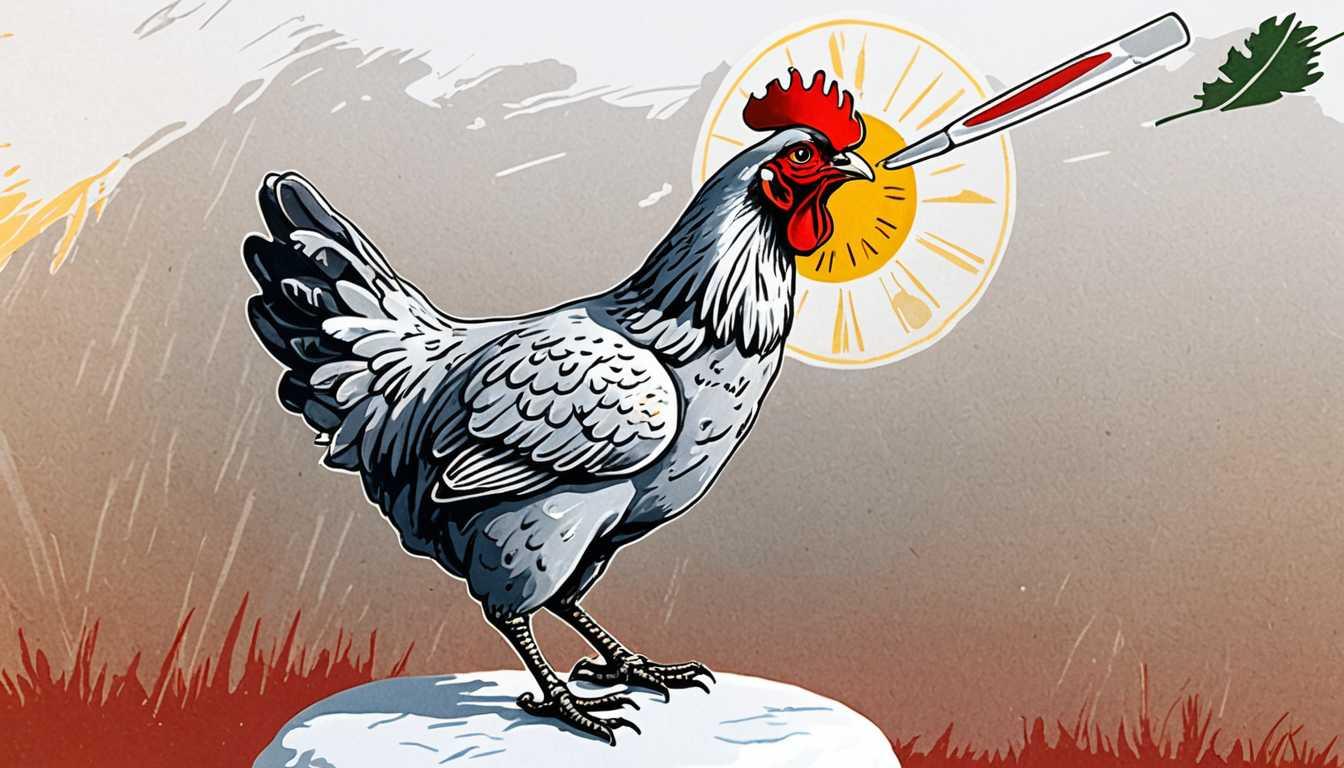Decoding 'Spooky' Horses: A Genetic Quest
May 2023
University of Florida
Introduction
Imagine a world where horses don't freak out over a floating plastic bag! Researchers at the University of Florida are on a quest to understand why some horses are more spooky than others. By startling horses with an unexpected umbrella opening and monitoring their heart rates, they're digging into the genetics that make some horses chill and others, well, not so much. This could lead to breeding calmer horses, making life safer for riders and animals alike. Dive into the science of scaredy-horses and maybe, just maybe, we'll find a way to keep them calm around those pesky plastic bags.
READ FULL ARTICLEWhy It Matters
Discover how this topic shapes your world and future
Unraveling the Mystery of the Spooky Horse
In the vast and intriguing world of equine behavior, the phenomenon of "spooking" in horses presents a fascinating puzzle. Imagine a horse in a serene pasture suddenly startled by something as innocuous as a plastic bag - this is the startle response. Researchers at the University of Florida are on a quest to peel back the layers of this mystery by identifying the genetic underpinnings that make some horses more prone to spooking than others. This endeavor is not just an academic exercise; it has real-world implications that could revolutionize the way we breed, train, and understand these majestic animals. For you, this topic opens a window into the complex interplay between genetics and behavior, offering a glimpse into how science can be applied to improve both animal welfare and human safety. Plus, it's a chance to explore how our understanding of animal behavior can lead to more harmonious human-animal relationships.
Speak like a Scholar
Genetic traits
Inherited characteristics passed down from parents to offspring. For horses, this could include anything from coat color to the tendency to spook easily.
Startle response
A sudden reaction to an unexpected stimulus, like jumping when a loud noise occurs. In horses, this can manifest as bolting or bucking.
Temperament
The nature of an animal, which influences how it behaves. Some horses are naturally calm, while others are more high-strung.
Behavioral testing
A method of studying animals by observing their reactions to specific situations or stimuli, like the umbrella experiment mentioned.
Heart-rate monitor
A device that measures how fast an animal's heart is beating. It can indicate how stressed or relaxed the animal is feeling.
Equine genetics
The study of the genes and heredity in horses. Scientists in this field are trying to understand how genetics influence everything from physical traits to behavior.
Independent Research Ideas
The evolution of horse domestication
Investigate how horses have been bred over thousands of years for various traits, including temperament, and how this has influenced their role in human societies.
Comparative analysis of startle responses
Explore how different species react to unexpected stimuli and what this can tell us about their survival strategies in the wild.
The role of genetics in animal behavior
Dive into how genetic makeup can determine behavior in animals, using horses as a case study but also considering other species for a broader view.
Technology in animal behavior studies
Examine how modern technology, like wireless heart-rate monitors, is revolutionizing the study of animal behavior and welfare.
Ethical considerations in genetic selection
Reflect on the moral implications of breeding animals for specific traits, particularly focusing on the balance between human desires and animal welfare.
Related Articles

CRISPR: Chickens' Shield Against Bird Flu
October 2023
MIT Technology Review

Gene-Edited Pork Revolution
February 2024
Smithsonian Magazine

Meet the Giant Hummingbirds: A Twosome!
May 2024
Cornell News Highlights

Moo-ving Towards the Future: Synthetic Embryos!
May 2024
MIT Technology Review

Nature's Quirky Hybrids Unveiled
March 2024
Smithsonian Magazine